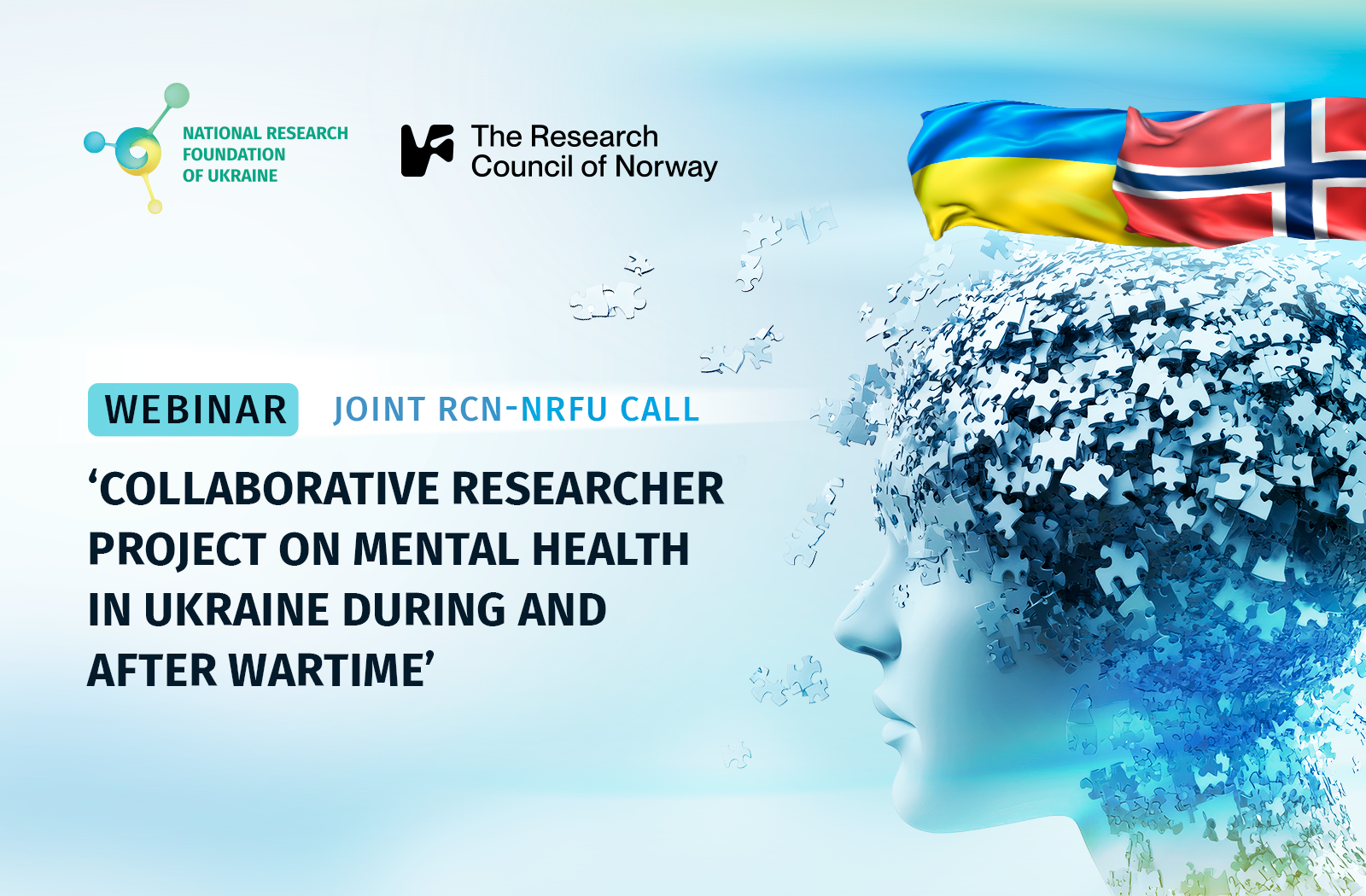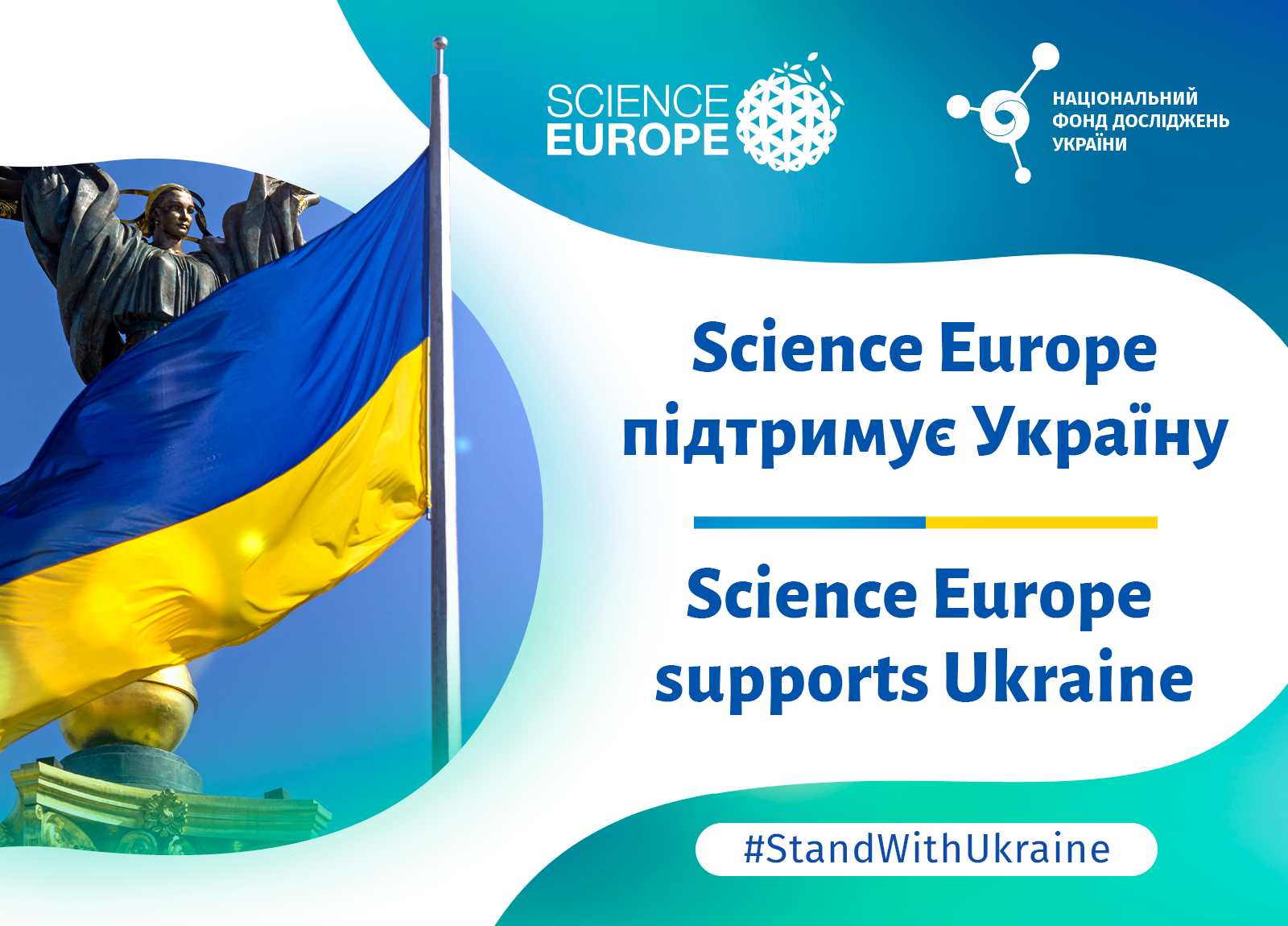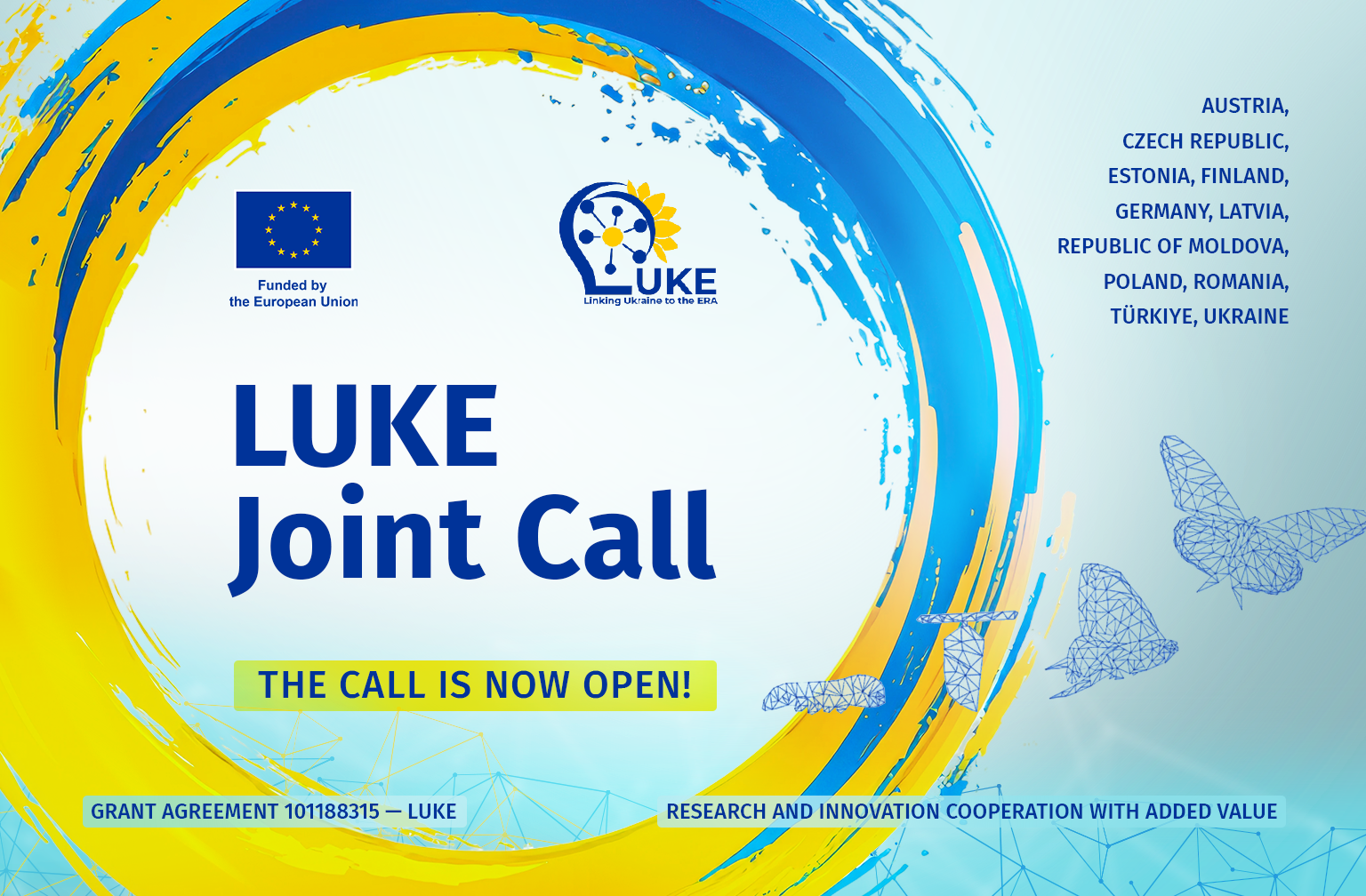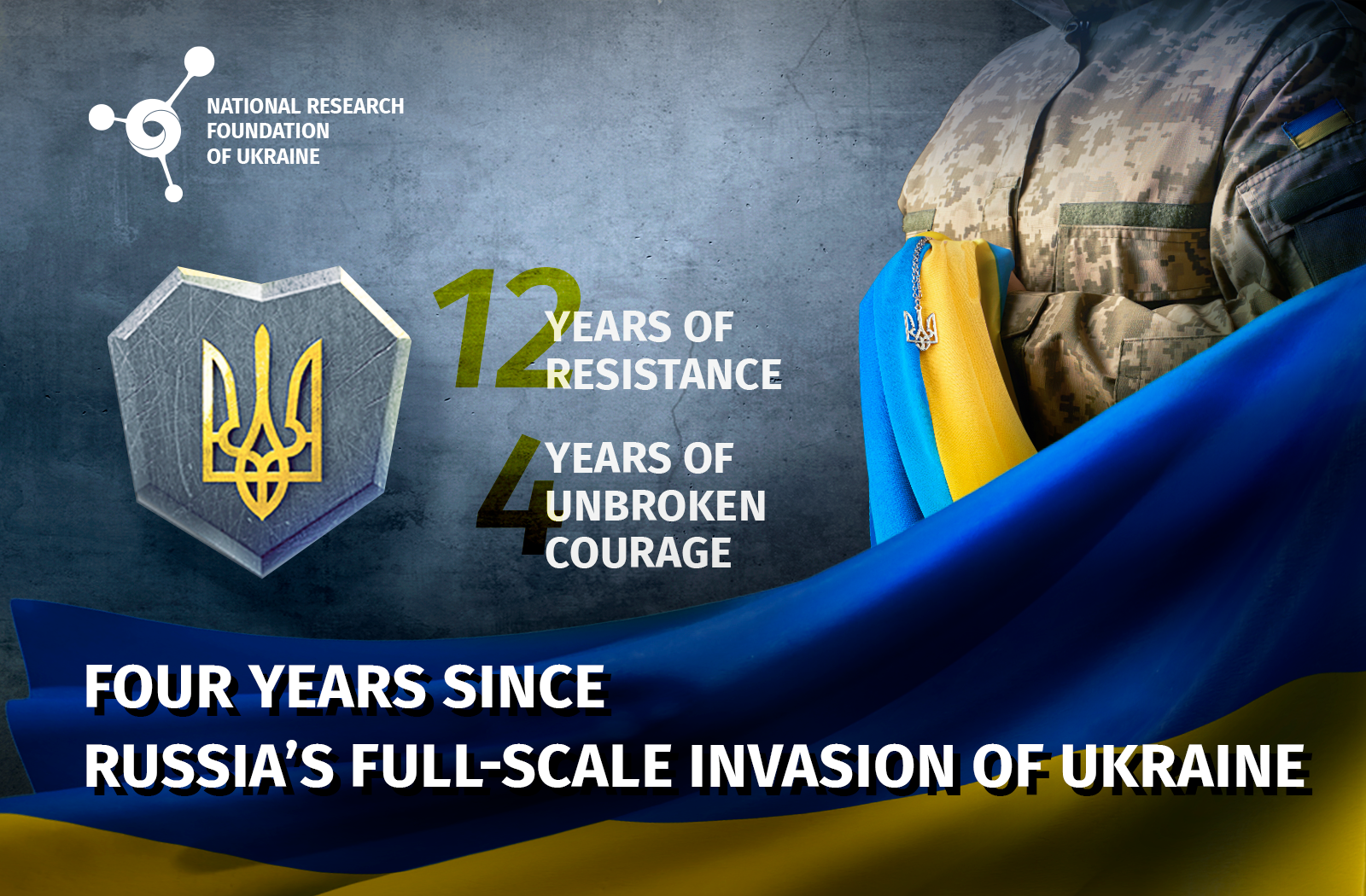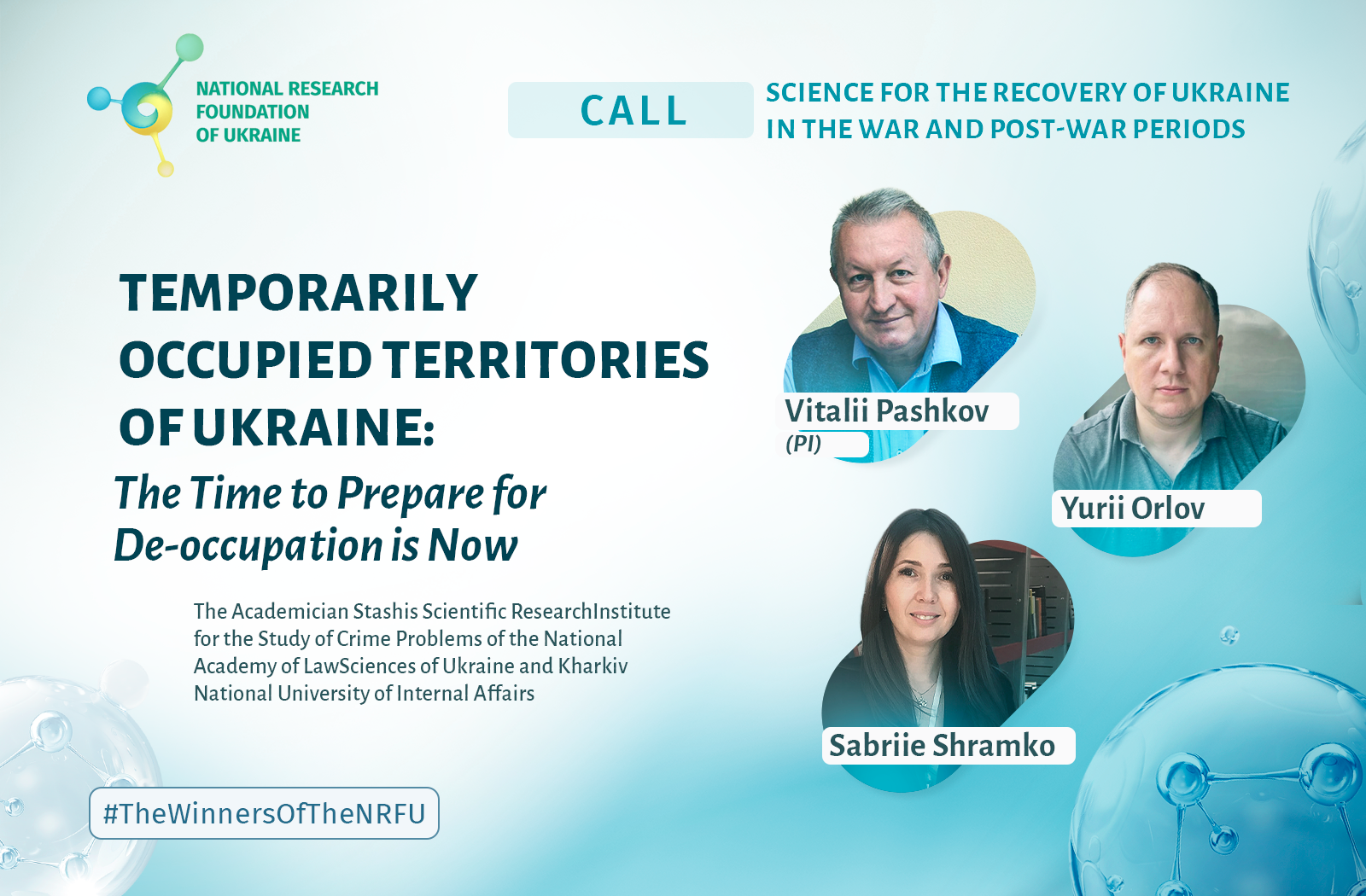Scientists from the Institute of Space Research of the NAS and the State Space Agency of Ukraine have been involved in the producing and application of space development for many years.
Last year, their project “Methods and models of in-depth training for applied tasks of satellite monitoring” received a grant funding from the National Research Foundation of Ukraine. We asked the Head of the project, the Deputy Director of the Institute of Space Research of the NAS and SCA, Natalia Kussul about the reason of submitting this very idea for the call as well as the essence of the project and expected results.
Mrs. Kussul says, the machine learning and artificial intelligence topic is now the mainstream of the world scientific research. This kind of researches have a significant meaning for the implementation of the UN agenda, which defines the goals of sustainable development of mankind until 2030.
Modeling the properties of the human brain
For processing a huge amount of satellite data automatically, scientists use methods that model the properties of the human brain to recognize information. There’s a choice between using “foreign” tools and software that are publicly available to analyze satellite data and creating your own.
It is yet important to keep in mind that for some applied tasks there are no existing tools. This is why developing own tools helps both solving the existing tasks and preserving Ukrainian scientific uniqueness.
The current ICD’s scientists goal is to create a model that can input any satellite data simultaneously, which is not possible with the existing models.
Stocktaking and new equipment
We asked Mrs. Natalia where she the work has started from. She answered laughing: “We started from the stocktaking”. The scientists began with the analysis of the literature, selection and systematization of data, through which they plan to test their models.
Now they have moved on to another stage: testing hypotheses. According to Natalia Kussul, the hypotheses are now confirmed and everything is going according to plan.
In order to perform high-performance calculations, a special workstation with graphics processors was purchased with grant funding for fast information processing. The new technique allows to create and test artificial intelligence.
Scientists are developing new elements of the model thanks to this technique, the extension of the model to the entire territory of the country though is being worked out in the “clouds” on the platforms AWS (Amazon Web Services) and Google Earth Engine. Researchers are proud to have managed such a “cloud workshop”, as there is no computer that would have the capacity to store and process data from all over the country.
For the food security
According to the scientists, the results of the work will be useful in various areas of the economy. Teaching the model to recognize information in satellite images helps to assess the condition of the soil and predict future harvests across the country. It is also possible to evaluate the development of urban agglomerations as well as analyze which settlements are ecological and which are harmful to the environment.
“In order to make the government and local officials base their decisions on a scientific research and forecasts of scientists, we have to promote our developments” – says Mrs. Kussul. “Researchers should not only get fantastic results, but also explain how to use them to develop the country’s economy”. That is why scientists from the Institute of Space Research of the National Academy of Sciences signed a Memorandum with the State Statistics Service, which will work with satellite data and geospatial information for the first time (!) this year. And scientists will show the best way to do it. They also hope to be able to use artificial intelligence in public administration. This is how they get the ability not just to analyze but also to predict the changes of the land in the future. These developments also aroused the interest of the National Security and Defense Council, which is not surprising, since they can use the results of scientists’ work ensure food security of the country.
Do not hesitate!
The team working on the project consists of young scientists. Building a team is actually the first thing that Mrs. Kussul advices to start the work from, before even writing the project. It is necessary to appoint the executor as well as responsible persons for each direction. Natalia Kussul emphasizes to scientists who only plan to submit projects to the NRFU competitions not to hesitate for a moment. Participation in competitions will help to understand how important is the chosen scientific field and teach not to pass in front of strong competitors. – I advise you to set realistic goals, the NRFU will carefully check all the results, so do not chase rainbows set the tasks and expected results carefully – and everything will work out!
Svitlana Galata


